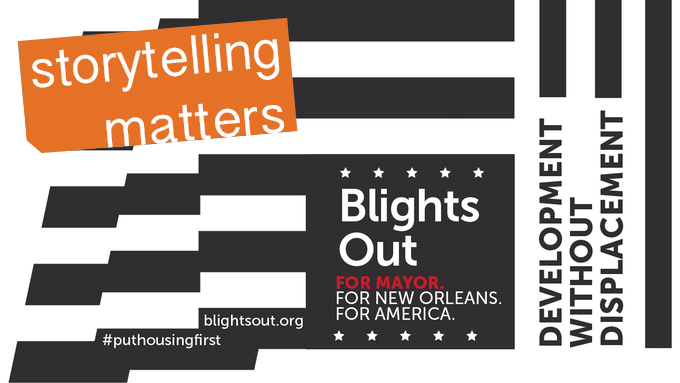Last year, we ran for President. (Kinda.) Now, Blights Out is running for Mayor! (Sort of!) While Blights Out isn’t planning a collective occupation of the Mayor’s office (yet), we are launching a year-long creative campaign called ‘Blights Out for Mayor’––a series of 12 billboards and 5 yard sign designs that call for and suggest entry points into a Truth and Reconciliation process that would redress the racist/classist/disaster capitalist policies and values imposed after Katrina. These messages seek to expand the horizon of our political imaginary, calling us to reevaluate our society’s relationship to property, land, and money. It is a call to action, a call to #PutHousingFirst.Click here to change this text
Archive for category: journalism
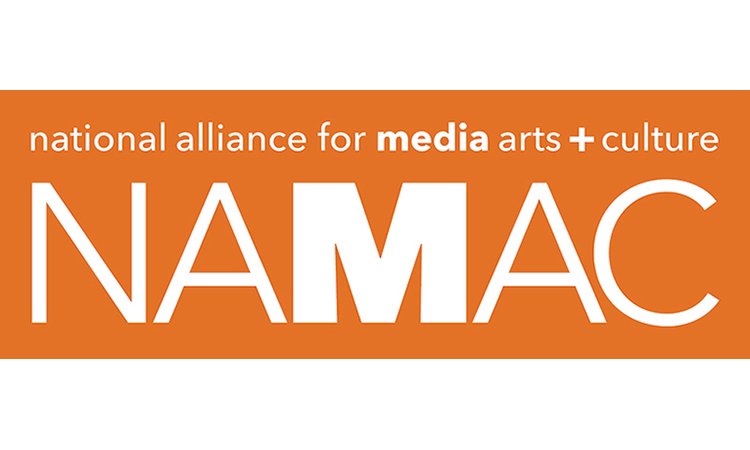
July 2016 eBulletin—your latest media arts + culture news
Facilitating collaboration, strategic growth, innovation, and cultural impact for the media arts field
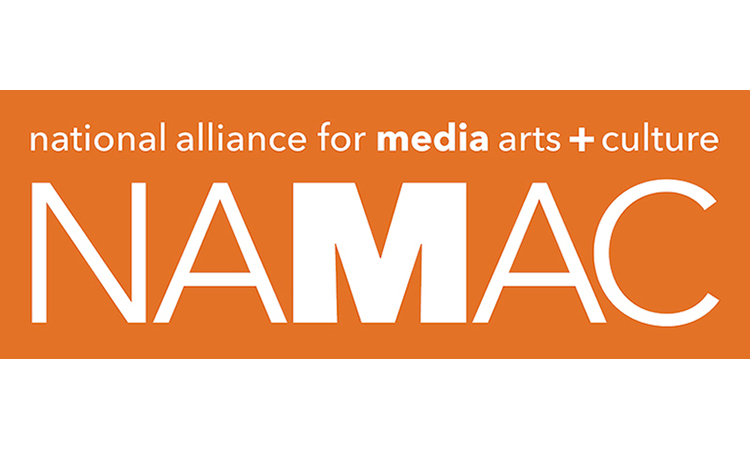
March 2016 eBulletin—your latest media arts + culture news
Facilitating collaboration, strategic growth, innovation, and cultural impact for the media arts field

January 2016 eBulletin—your latest media arts + culture news
Facilitating collaboration, strategic growth, innovation, and cultural impact for the media arts field

December eBulletin—your latest media arts + culture news
Facilitating collaboration, strategic growth, innovation, and cultural impact for the media arts field

October eBulletin—your latest media arts + culture news
Facilitating collaboration, strategic growth, innovation, and cultural impact for the media arts field

September eBulletin—your latest media arts + culture news
Facilitating collaboration, strategic growth, innovation, and cultural impact for the media arts field
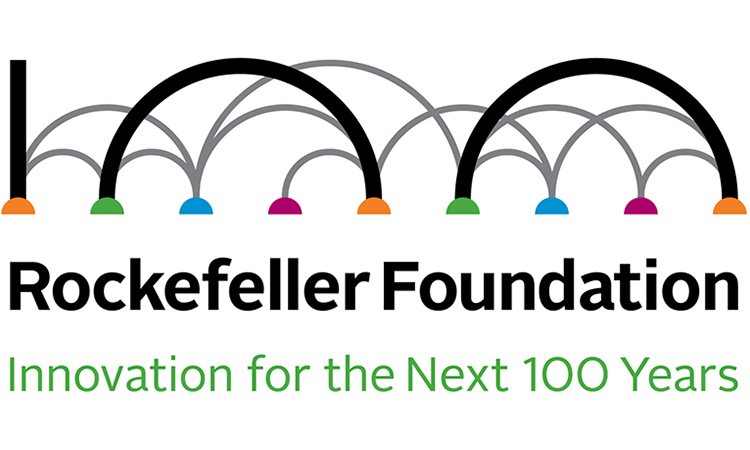
NAMAC Receives $232,000 Grant from the Rockefeller Foundation for Innovative Global Arts + Climate Change Initiative
SEPTEMBER 1, 2015— The National Alliance for Media Arts and Culture (NAMAC) today announces a $232,000 grant from The Rockefeller Foundation to support NAMAC’s Innovation Studio and the formation of the Creative Impact Network, a digital media platform connecting global audiences to art, science, and journalism on urgent social issues.
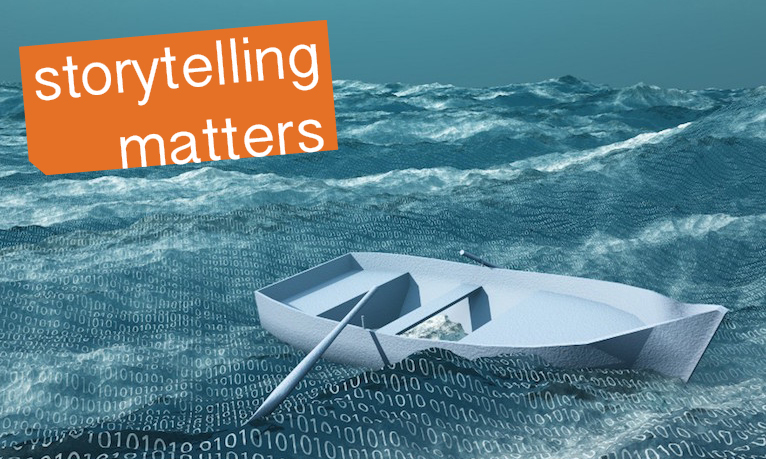
Why the Arts Need Responsible Data Journalism
By Casey Rae
Before the Internet, few outside of research or technical vocations had much concern with data. Now, as users and producers in an increasingly Internet-centric economy, we’re all swept up in the dataflood. All of this activity, individually and in the aggregate, contributes to the massive volume of data generated every day. Contextualizing all of this information and translating it for human comprehension is one of the key challenges of our time.
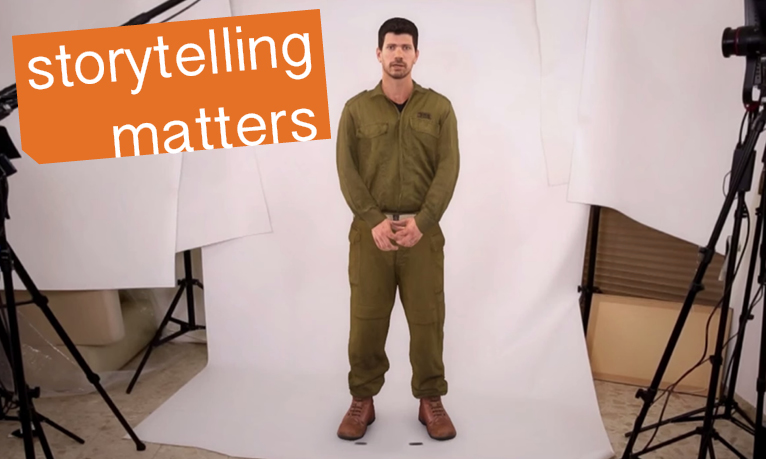
Virtual Reality in Conflict Zones
By Conor Risch
Like oxygen to fire, new generations of soldiers feed longstanding conflicts. It’s unlikely that young people who take up arms in places like Israel and Gaza, El Salvador, Afghanistan and the Congo actively choose to deny the humanity of their enemies. The cultures that raise them, and the history of the conflicts into which they step, cast enemies as “the other,” as people without decency or compassion or hopes and dreams, and it can be easy to avoid digging for alternate views.
- 1
- 2

